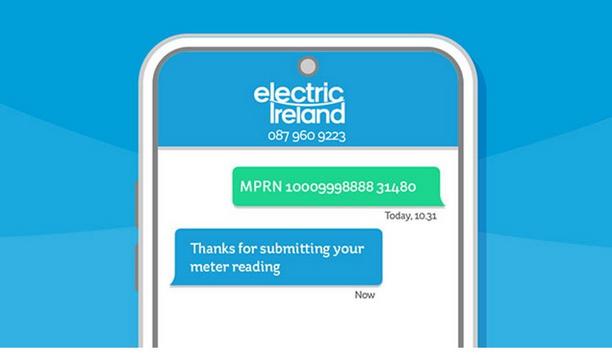DNV, the independent energy expert and assurance provider, has acted as a technical consultant through the testing and verification of Brill Power’s new battery management system (BMS) technology.
This testing confirms that Brill Power’s novel BMS concept brings advantages for a number of key battery characteristics like higher utilized pack capacity, that potentially results in lower lifetime cost.
DNV tested Brill Power’s new battery management system technology in its Battery Laboratory in Arnhem, the Netherlands, using innovative testing methods which verified safety functionalities and balancing capabilities.
Battery management system
Energy storage will play an increasingly important role in the future of power systems"
Control hardware-in-the-loop (CHIL) testing was used to validate the safety functionalities of the battery management system by simulating battery data within and outside of safe operational limits. The response of the battery management system to these simulated data was monitored and compared with their intended behavior.
DNV then conducted power hardware-in-the-loop (PHIL) testing on real battery cells to validate the functional safety and comparison of Brill Powers’ battery management system capabilities against other publicly available energy storage systems.
Hari Vamadevan, Regional Director UK & Ireland, Senior Vice President with DNV’s Energy Systems business area said: “We are excited to have qualified Brill Power’s new battery management system in our Battery Laboratory. Energy storage will play an increasingly important role in the future of power systems owing to a higher penetration of variable renewables generation. At DNV, we are keen to support the energy transition in a safe and robust way. Independent testing is a crucial element to verify any technology to ensure that it meets safety and performance requirements.”
Energy storage system
Testing the safety functionalities of a battery management system is a crucial component
Christoph Birkl, CEO and co-founder at Brill Power commented: “At Brill Power we develop innovative battery management system technology to enable batteries to reach their full potential for energy storage and electric vehicles. We approached DNV to test, appraise and ultimately verify our latest battery management system. Their exemplary work is an essential part of our wider mission to not only demonstrate our ability to increase the lifetime and sustainability of lithium-ion battery packs but to also reinforce our commitment to safety for this new technology within the power, renewables and electric vehicle industries.”
Testing the safety functionalities of a battery management system is a crucial component of independently evaluating any new battery energy storage system before it becomes available on the market.
Grid upgrade requirements
However, they are rarely verified using CHIL or PHIL testing methods, so this additional verification provides increased assurance of the safety and performance of this system which can be used on multiple battery storage technologies.
This was particularly valuable to Brill Power, as DNV was able to confirm that Brill Power’s BMS provides improvements in the areas of energy storage capacity, lifetime, safety, system integration, reliability, charge rate, and lifetime cost.
DNV’s Energy Transition Outlook 2020 report highlights that solar PV and wind will continue to grow rapidly, dominating the electricity mix by 2050, when they each have a 31% share. As the volume of variable renewables generation grows, energy storage will become important for managing supply and demand, potentially delaying or avoiding grid upgrade requirements.








